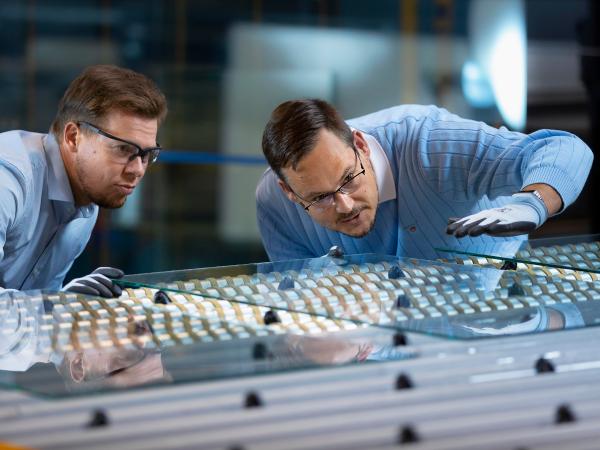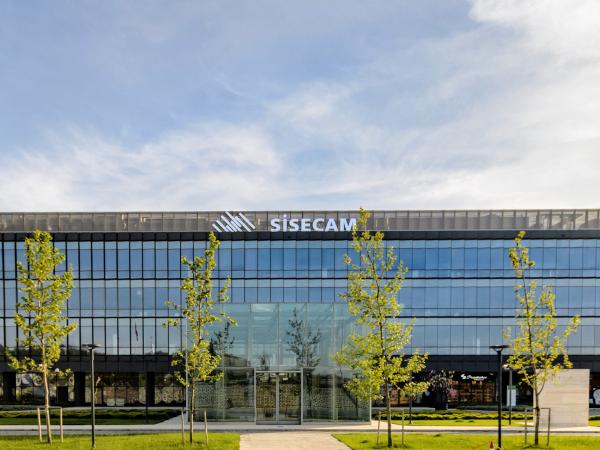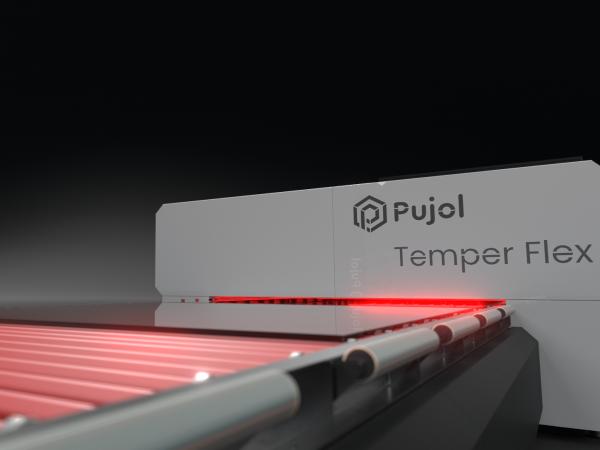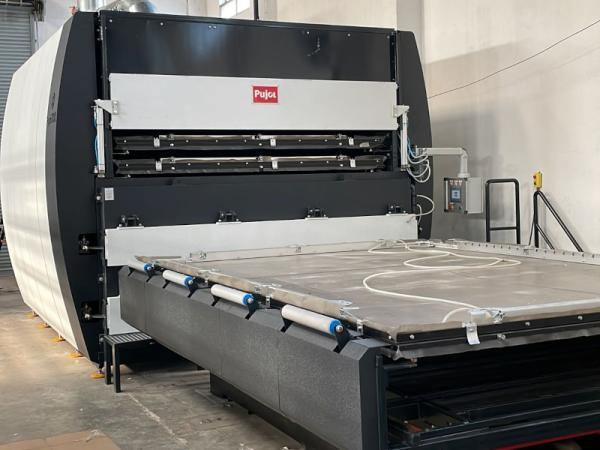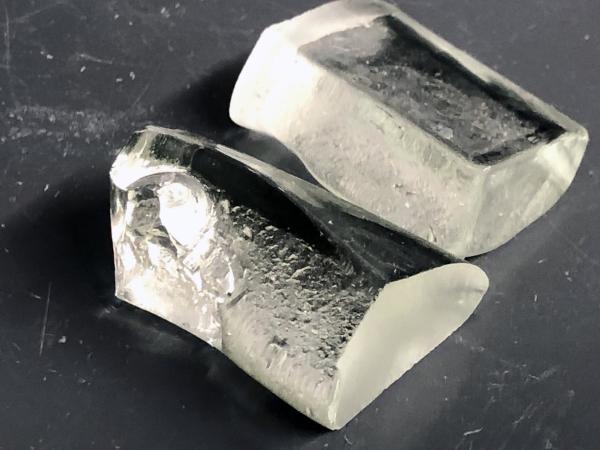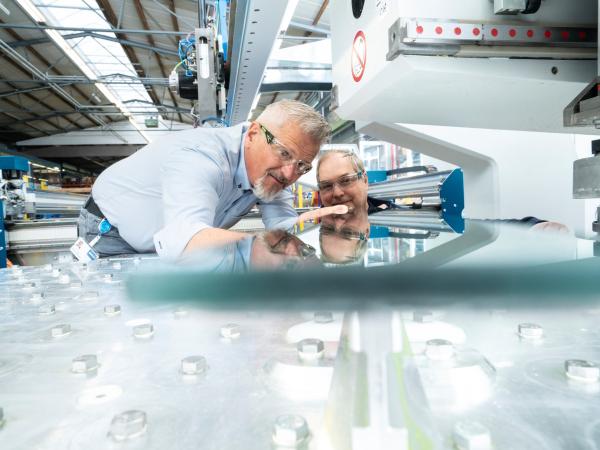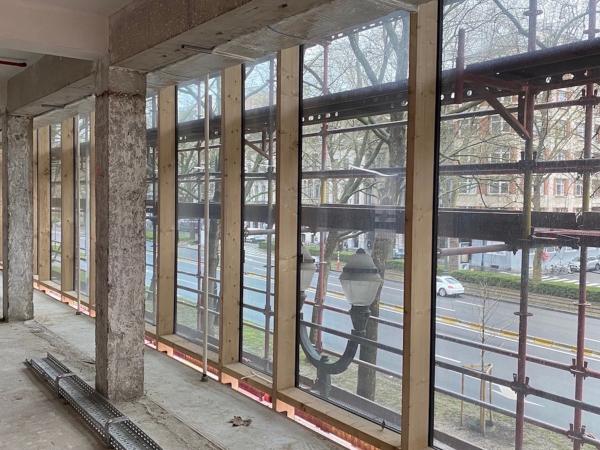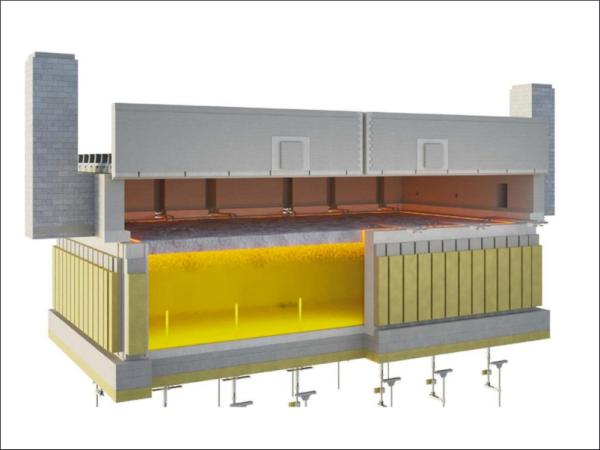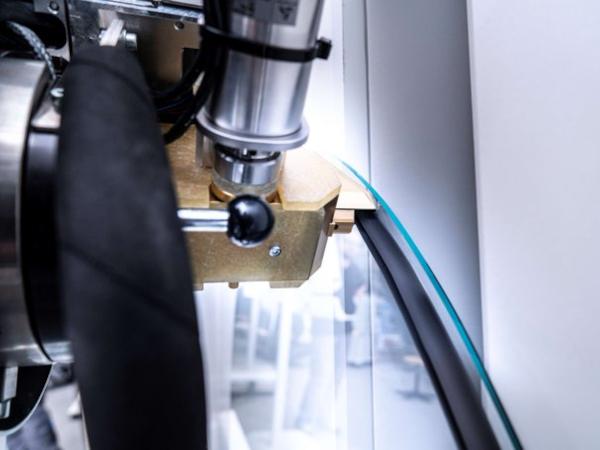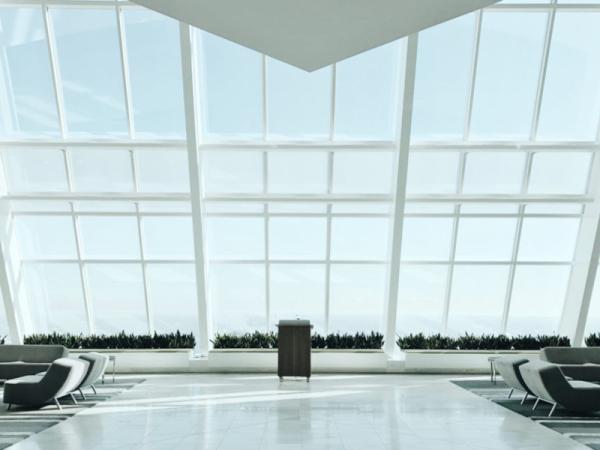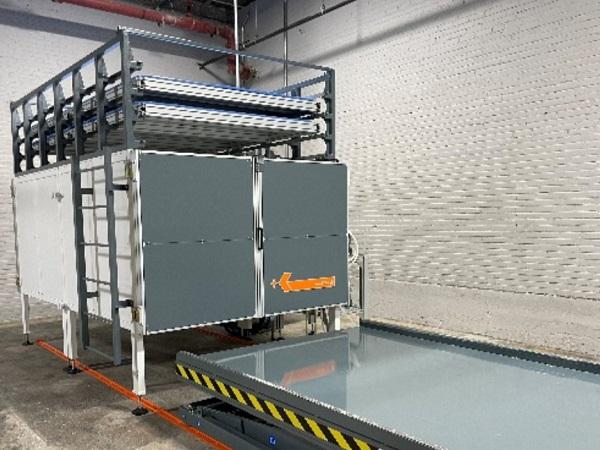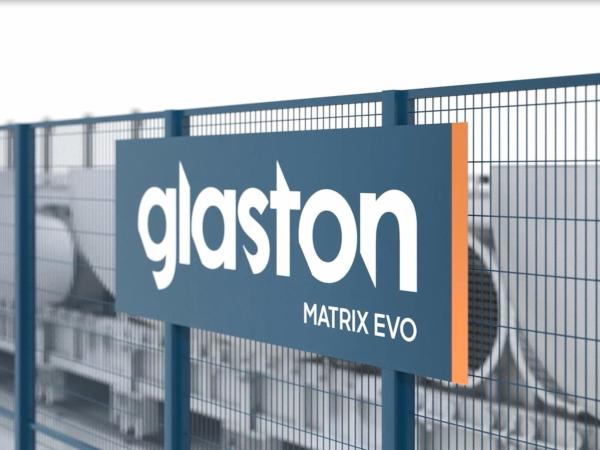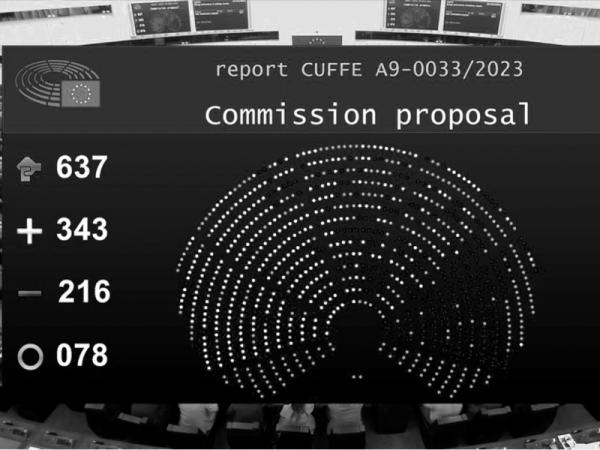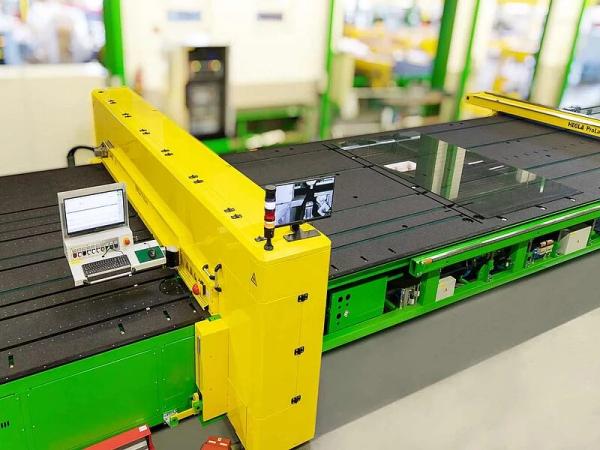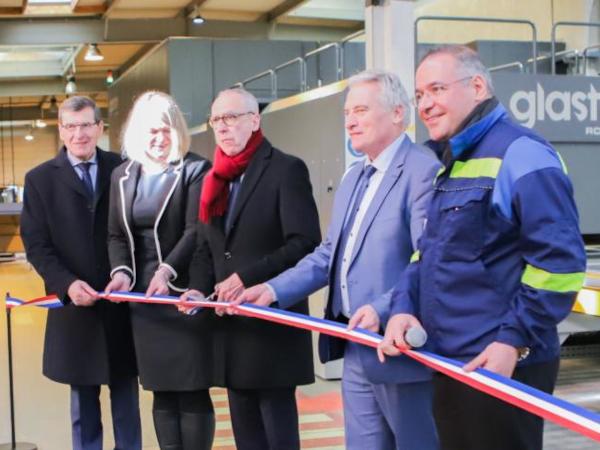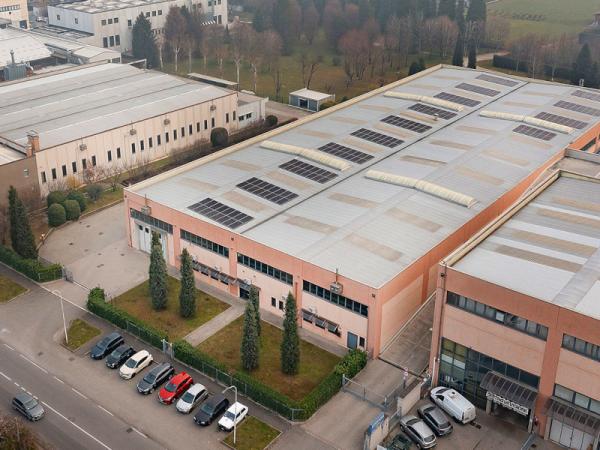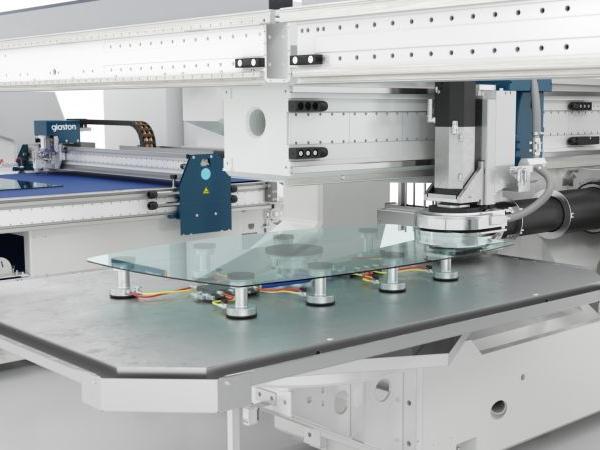Others also read
This year at Vitrum you can see the future of the glass industry
Now is the time to focus on energy efficiency, quality and automation with every piece of glass processed.
As part of the project, Şişecam will develop competitive, low-carbon footprint, high-value-added automotive glass in line with the EU's carbon neutrality target for 2035.
Glass and glazing industry technical leaders gathered at the NGA Glass Conference: Tacoma, July 25-27.
Pujol 100 PVB+ has not only helped to reduce investment costs but will also allow significant savings in costs derived from a higher energy efficiency.
Worldwide, glass manufacturing produces at least 86 million tons of carbon dioxide every year. A new type of glass promises to cut this carbon footprint in half.
Energy efficiency is one of the key ways to make the electricity you use in production go further.
Dow announced their sponsorship and participation at the next edition of Glass Performance Days (GPD), June 14-16 in Tampere, Finland.
eyrise® smart glass facades help this pioneering building renovation achieve WELL certification.
Higher production capacity with lower energy consumption
Saint-Gobain is the first manufacturer in the world to carry out a test production of flat glass using more than 30% hydrogen during Research & Development (R&D) trials at the Herzogenrath site in Germany.
New study conducted by independent consulting firm quantifies return on investment for advanced low-e glazings
The rising costs of fossil fuels, at least in big parts of the world, and a general pressure in the reduction of CO2 is driving industries of all kinds to explore and use alternative energy sources.
This blog on Glastory by Uwe Risle is covering the strategies to minimize costs in insulating glass production.
Automotive glass can contribute to reducing the environmental impact of vehicles.
Energy-efficient buildings products such as high-performance glazing must be considered as ‘strategic net-zero technology’.
Satinal Group is still on a path of growth, designing and installing a new TK Lamijet oven, projected for security glass lamination.
Glaston has received an order from one of the world’s leading car glazing manufacturers, Saint-Gobain Sekurit, for their new MATRIX EVO line.
The European Parliament adopted its position on the Energy Performance of Buildings Directive (EPBD) with 343 votes in favour, 216 against and 78 abstentions.
The new technology, which has been part of the ProLam LSR series equipment for just under three years, promises four advantages.
Schiatti Angelo Srl has recently installed a new photovoltaic system.
Glaston has closed a strategically important deal valued at above EUR 8 million including multiple CHAMP EVO automotive glass pre-processing lines.
Glazing technologies can make EU buildings more resilient to future heat waves, enabling the adaption to climate change while helping to reduce energy needs and CO2 emissions.


